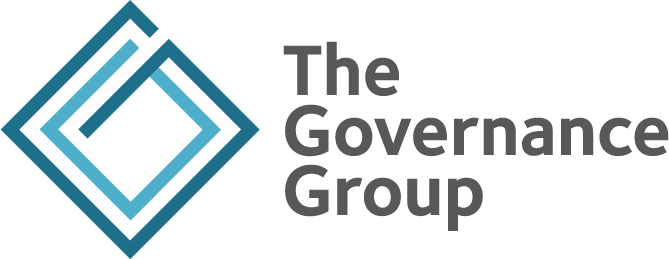At the board table, align values not skills.
Since there isn’t an oversupply of high-quality board members in most communities, many boards must routinely look for new board members to join and contribute to the organization they serve.
In some cases, board-recruiting committees have put in extra effort to define the types of members they might be seeking. It’s an attempt to identify where the current board may fall short in certain skill areas and experience and is called developing a board “skills matrix.”
Certain skills like strategic planning, policy development, community engagement and critical thinking are both valuable and coveted. Most boards would love to have more board members with these capabilities. No question these skills are important, but some considerations may be even more vital.
The ability for board members to communicate effectively, collaborate with each other, commit the time required to learn about the organization, and build trust through relationship building is paramount to a highly effective board. Developing a board with these aligned values will have a far greater impact on its success and, in turn, the overall success of the organization.
A person’s values drive these attributes. These qualities are not skills developed over time through experience.
You can teach people to think critically or engage more effectively in the community, but a person’s desire to work collaboratively with others and contribute to building a trusting relationship only comes if that’s what they value.
It’s important for boards to consider this when recruiting new members. They need to build the tools and processes that ensure these outcomes are achieved. Always remember it’s quality you’re looking for, not quantity. If you would like to discuss your current board or how to develop a more effective board for the future, give me a call at 250.465.1245 or email me at colin@governance.ca.
